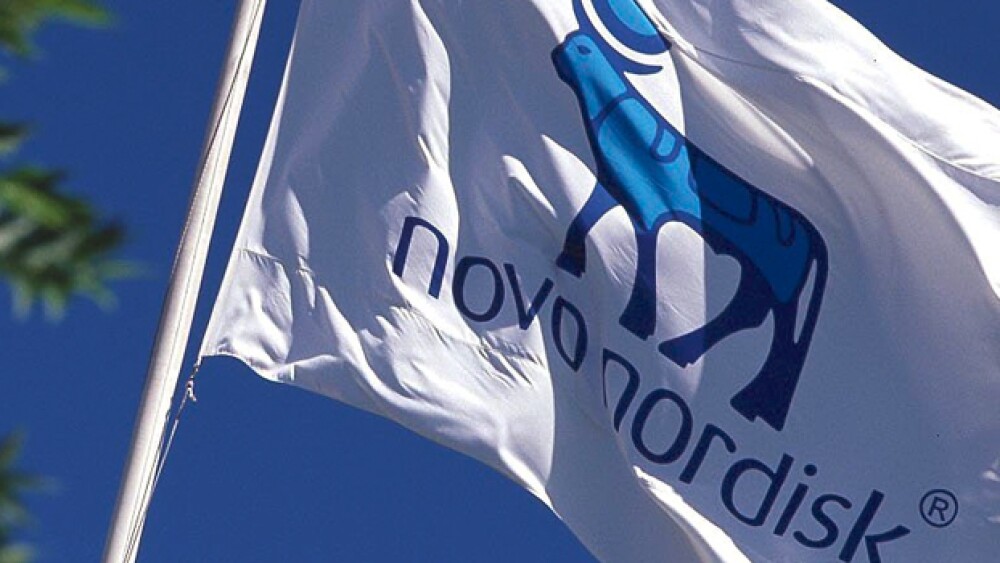On Tuesday, Novo Nordisk said the FDA approved its Biologics License Application for Esperoct (turoctocog alfa pegol) formerly known as N8-GP, for the treatment of children and adults with hemophilia A.
Denmark-based Novo Nordisk snagged approval from the U.S. Food and Drug Administration (FDA) for a new treatment for hemophilia A. However, the newly approved medication will not be available in the United States until 2020.
On Tuesday, Novo Nordisk said the FDA approved its Biologics License Application for Esperoct (turoctocog alfa pegol) formerly known as N8-GP, for the treatment of children and adults with hemophilia A. Esperoct, is an extended half-life factor VIII molecule for replacement therapy in people with hemophilia A, was approved for routine prophylaxis to reduce the frequency of bleeding episodes, on-demand treatment and control of bleeding episodes and perioperative management of bleeding.
Hemophilia A is a genetic bleeding disorder where missing or faulty blood clotting factor VIII prevents blood from clotting normally. The clotting failure can cause frequent and spontaneous bleeding that can lead to long-term joint damage and disability. For hemophilia A patients who do not have factor VIII inhibitors, typical treatment required multiple infusions of factor VIII replacements each week.
Mads Krogsgaard Thomsen, executive vice president and chief science officer of Novo Nordisk, said the company is excited about the U.S. approval of the new medicine. Thomsen said the company considers it to be an important expansion of treatment options Novo Nordisk can offer patients with hemophilia A. Hemophilia A affects 1 in 5,000 male births in the U.S.
“We are confident that Esperoct will provide people with hemophilia A a less burdensome and simple, fixed dosing regimen for prophylaxis and treatment of bleeding episodes, resulting in improved quality of life,” Thomsen said in a brief statement.
Despite that confidence in the benefits of Esperoct, Novo Nordisk said the treatment will not be available in the United States for at least another year. The company laid the blame at the feet of third-party intellectual property agreements.
The Novo Nordisk hemophilia treatment was approved based on clinical trial results that included 270 previously treated people with severe hemophilia A and more than five years of clinical exposure. During the clinical trials, Esperoct was shown to provide “effective routine prophylaxis” in people with severe hemophilia A. The medication was delivered to the patients through a fixed dosing regimen of one injection every four days for adolescents or adults, or every three to four days in children. During the trial, Esperoct was shown to provide effective prophylaxis. Additionally, patients were able to maintain a low median annualized bleeding rate of 1.18 when dosing was maintained.
Also, Novo Nordisk said the clinical trial showed that Esperoct was found to be efficacious in treatment and control of bleeding episodes and perioperative management. Across the clinical trials and age groups, Esperoct was well tolerated and no safety concerns were identified. The overall safety profile of the newly-approved Esperoct is similar to what has been reported for other long-action FVIII products, Novo Nordisk said.
Last year Novo Nordisk launched Rebinyn, coagulation Factor IX (Recombinant), GlycoPEGylated, for patients with hemophilia B. Hemophilia B is a serious, chronic, inherited bleeding disease that affects about 5,000 people in the U.S.





